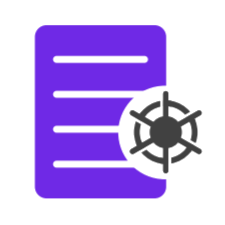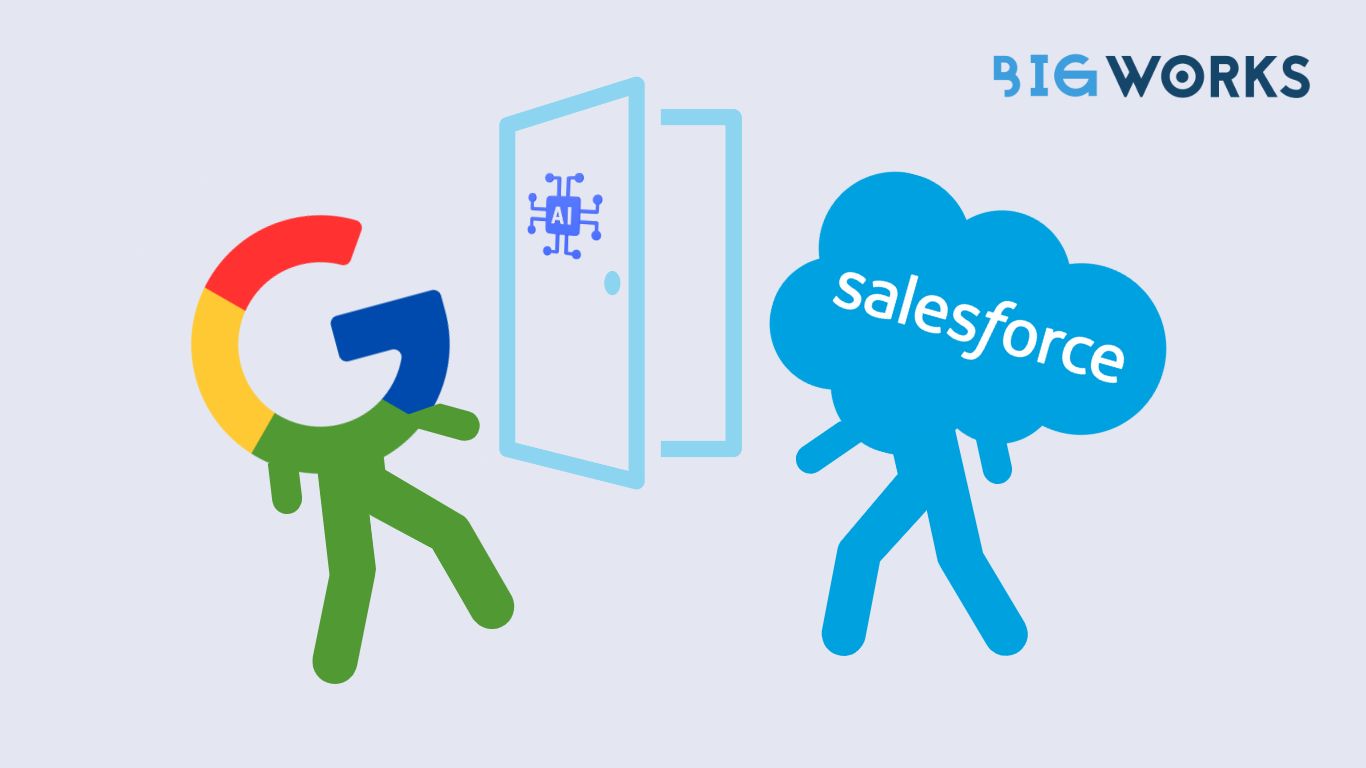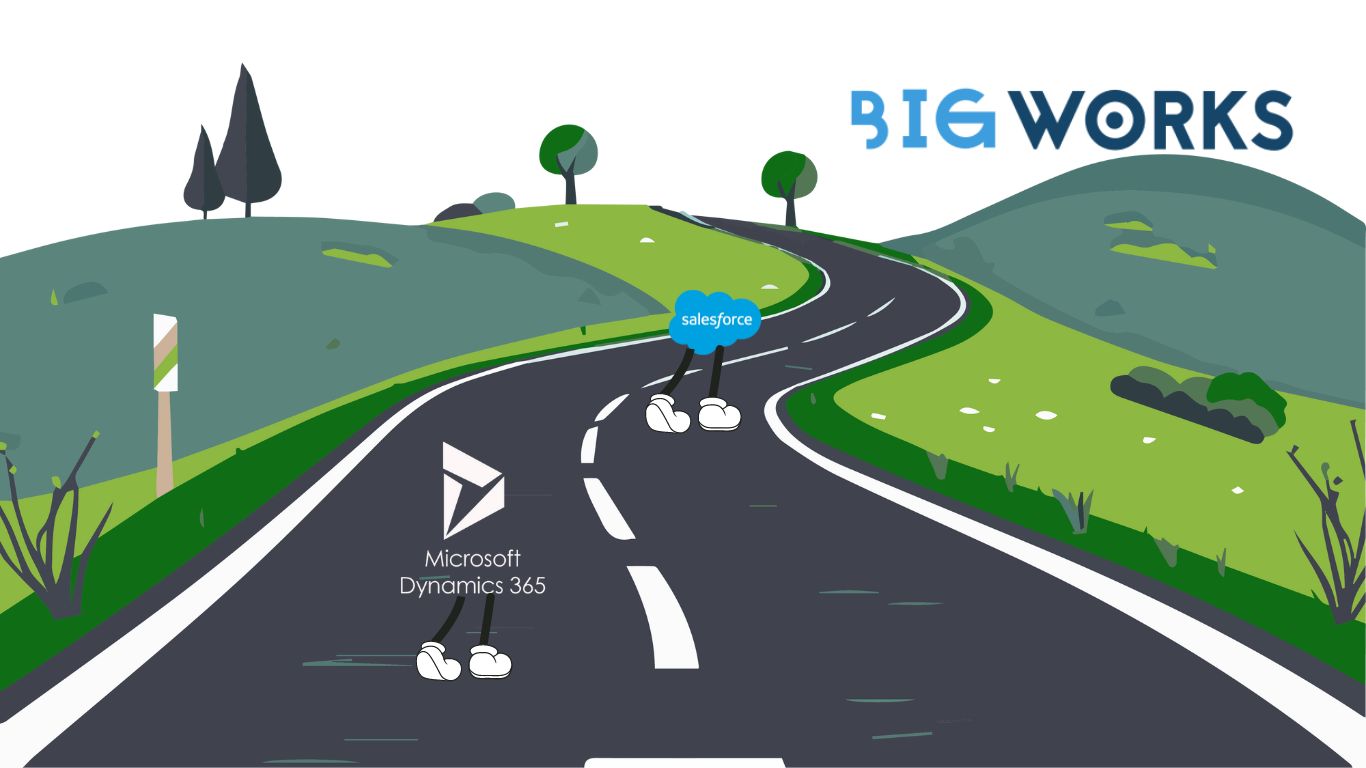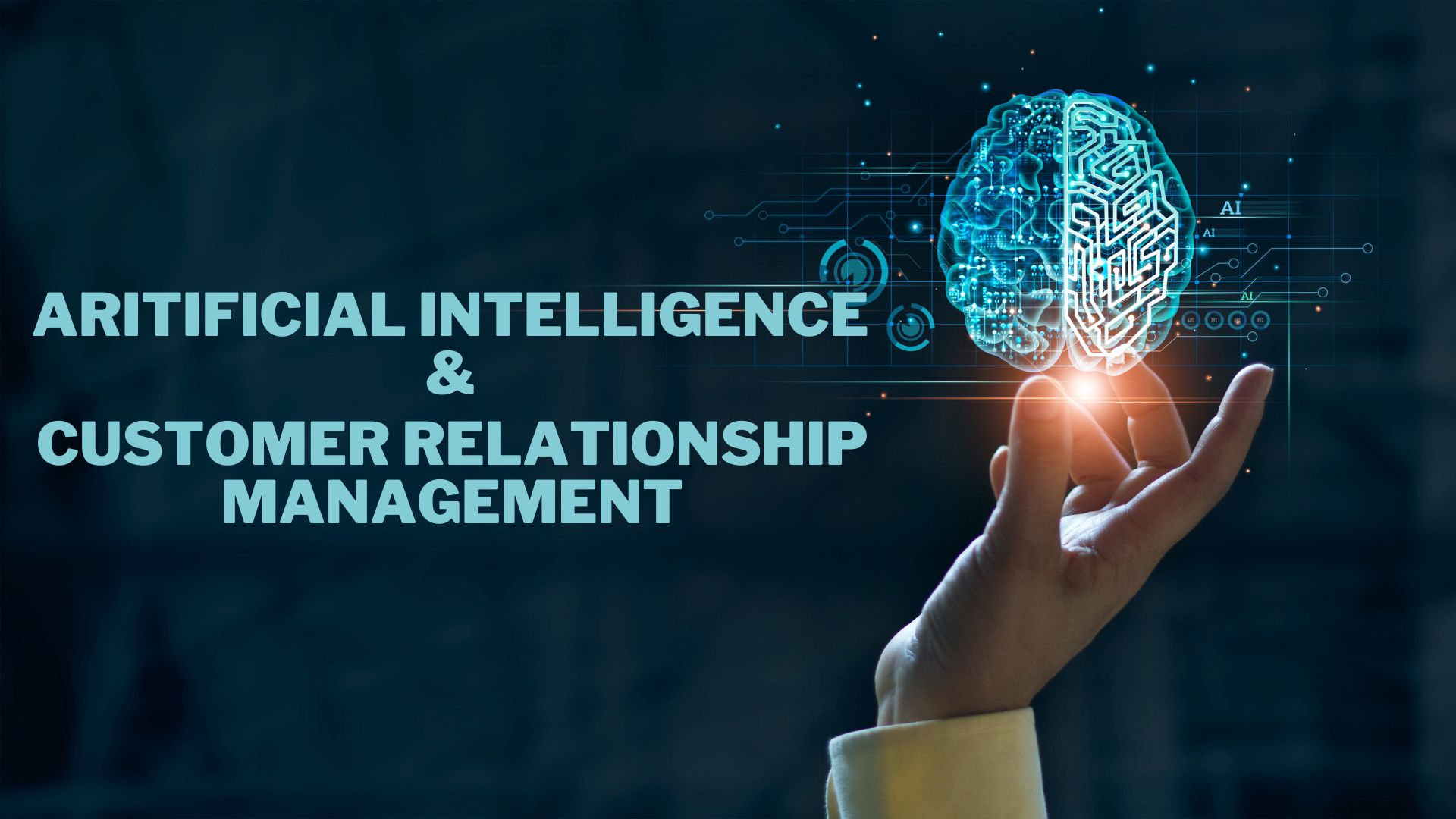Partnership of google and salesforce
On the 7th of June 2023, Google and Salesforce announced a strategic partnership. The two behemoths would be teaming up to help businesses utilise data and AI to deliver personalised customer experiences, understand customer behaviour better and reduce costs for running marketing campaigns across sales, service and e-commerce.
Google and Salesforce are collaborating on two products.
- Salesforce Data cloud + Google BigQuery
The integration between Salesforce Data Cloud and BigQuery will help customers create comprehensive user profiles to provide highly personalised experiences. Customers who use these products will have seamless access to their user data even across different platforms, almost as if their data was housed in a single location. With zero-copy or zero-ETL, the cost and complexity of moving data from point A to point B will be minimised while maintaining governance and trust.
2. Salesforce Data cloud + Google Vertex AI
With this integration, customers will be able to integrate Salesforce Data Cloud with Google Cloud’s Vertex AI, allowing them to bring their own models from Vertex and utilise them across the Salesforce Platform. This integration will help address business specific needs like predicting buying behaviour or churn likelihood using Salesforce Customer 360 data. By providing zero-copy data access for AI model training, companies can optimise their AI investments and gain immediate access to unified customer data. This streamlines the model development process and improves the accuracy and efficiency of AI predictions and insights.
What does this mean for your CRM experience?
Different businesses can leverage these capabilities in a variety of ways, here are some examples:
- A fashion retailer can connect CRM data, like customer purchase history and service interactions, with non-CRM data like real-time online activity or social media sentiment. They can then deploy custom AI models that predict customers’ likelihood to buy certain types of clothing based on that data, and deliver hyper-personalized recommendations to customers via the most appropriate channel, including email, a mobile app, or social media.
- Similarly, in the healthcare industry, a healthcare organization can combine CRM data (e.g., appointment history and patient feedback) with non-CRM data (e.g., patient demographics and medical history). Through the deployment of customized AI models, they can predict which patients are at risk of readmission. This information enables the organization to develop personalized care plans for high-risk patients, ultimately enhancing medical outcomes through proactive healthcare.
- A financial institution can connect CRM data, like a customer’s transaction history, credit score, and financial goals, with non-CRM data like market analysis or economic trends. They can then deploy custom AI models that predict a customers’ spending habits, investment preferences, and financial goals to inform personalized banking services and offers.
If your business deals with CRM, this update will definitely make things easier for you. After all, catering better to consumer’s requirements is always beneficial to businesses, and this partnership is expected to do just that.





